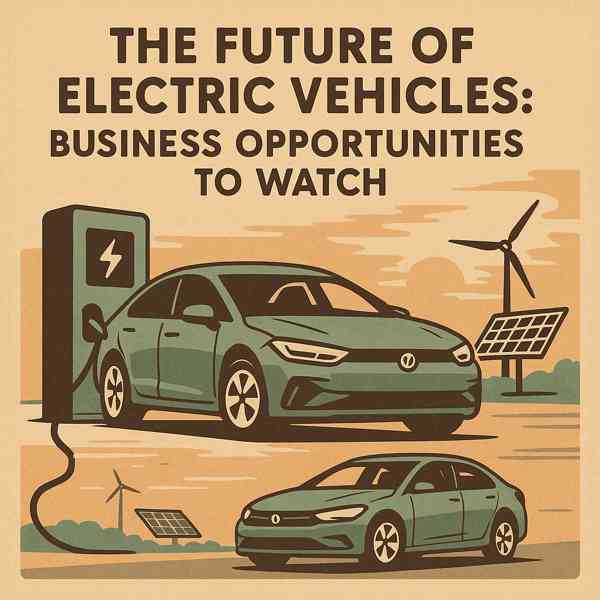
Electric vehicles (EVs) are transforming the way we think about transportation.
As battery technology improves and infrastructure expands, owning an electric vehicle has never been more accessible.
Understanding EVs
Electric vehicles are powered entirely by rechargeable batteries, rather than traditional internal combustion engines.
Key components of EVs include:
- Replaces the internal combustion engine
- Usually lithium-ion or solid-state
- Manages energy flow from battery to motor
- Allows the vehicle to recharge from external sources
Electric vehicles come in various types, such as plug-in hybrids (PHEVs)—each with different levels of electrification.
Benefits of Electric Vehicles
Whether you're looking to save money or reduce emissions, EVs offer a compelling option.
Major benefits include:
- Reduced maintenance needs
- No tailpipe emissions
- Less noise and vibration
- Rebates and subsidies in many regions
For eco-conscious and cost-aware drivers, electric vehicles are an increasingly forward-thinking choice.
Limitations to Consider
Understanding the limitations of electric vehicles will help you make an informed decision.
Common concerns include:
- May require more frequent charging
- Not all areas have adequate public chargers
- Higher initial cost
- Replacement can be costly without warranty
As technology advances and infrastructure improves, many of these challenges are becoming easier to manage.
Types of Electric Vehicles
Not all electric vehicles are the same.
Categories of electric vehicles:
- Battery Electric Vehicles (BEVs)
- Electric motor with backup gasoline engine
- Hybrid Electric Vehicles (HEVs)
- Use hydrogen to generate electricity
Each type has its pros and cons, so buyers should evaluate their needs.
How to Charge Your EV
There are multiple charging levels and methods depending on your vehicle type.
How EVs get recharged:
- Level 1 Charging
- 240V outlet at home or public stations
- Can charge 80% in under an hour
- Wireless or inductive charging (emerging tech)
As public charging networks expand, EV owners will enjoy even more support and reliability.
The Future of Electric Vehicles
As governments push for cleaner energy and manufacturers invest in innovation, the future more info of EVs looks unavoidable.
Next-generation EV developments:
- Solid-state battery technology
- Using EVs to support the power grid
- Combining EV tech with self-driving systems
- Making EVs accessible to all drivers
As innovation continues, EVs will become more efficient, affordable, and widespread.
Final Thoughts on Electric Vehicles
With growing demand and continuous improvement, EVs are becoming a future-proof option for more drivers every day.
The future is electric—are you ready to plug in?